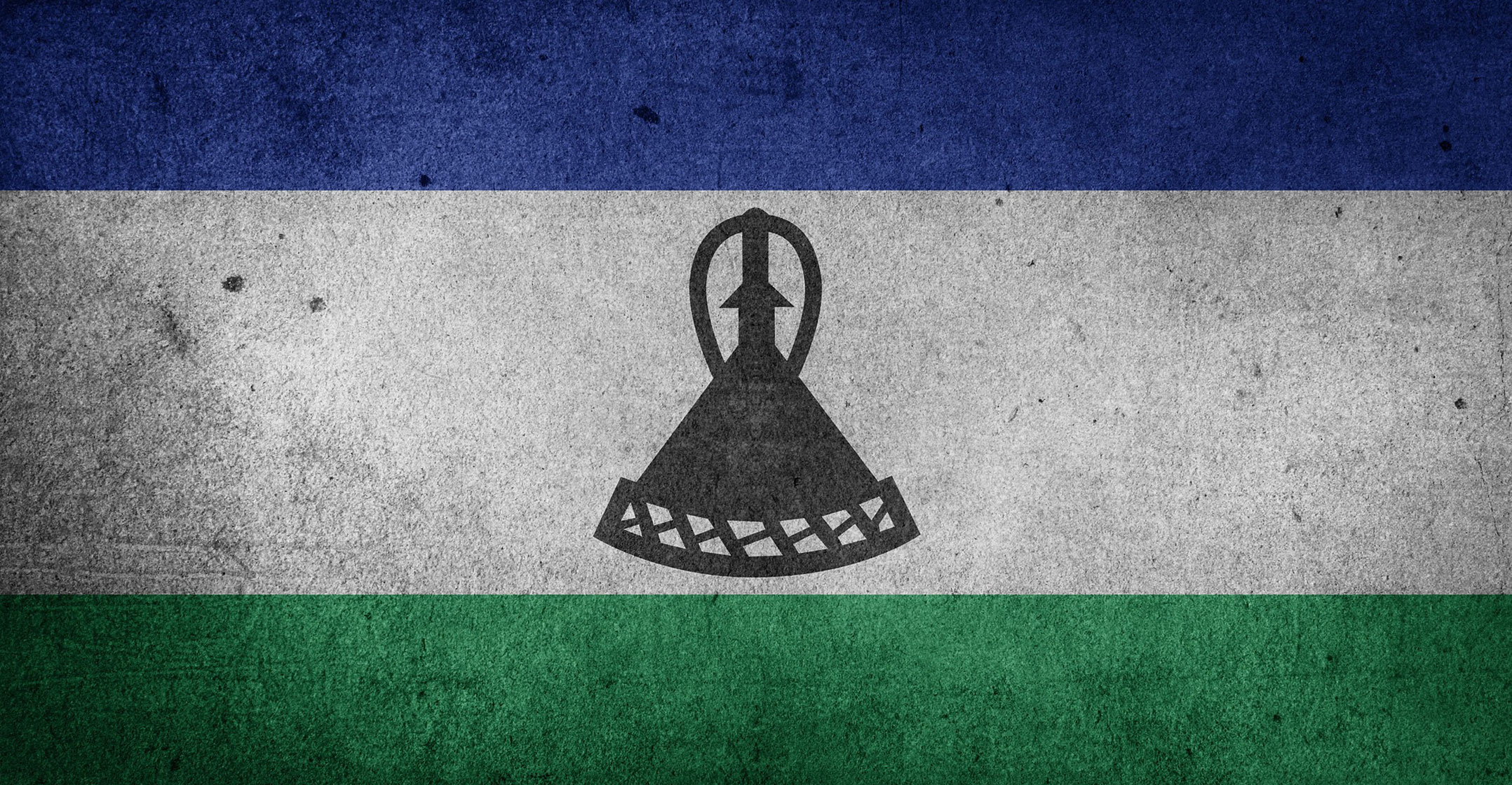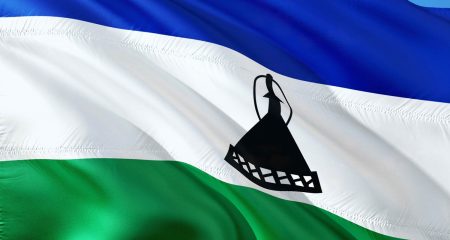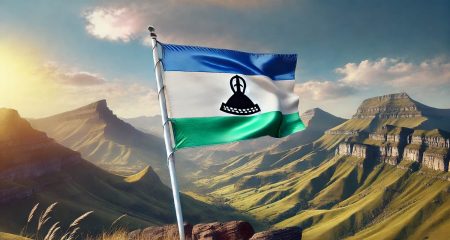 Lesotho’s government is seeking to regulate online behaviour with a law compelling social media users to obtain a so-called “Internet broadcasting allowance”, as unease about digital platforms grows in some African countries.
Lesotho’s government is seeking to regulate online behaviour with a law compelling social media users to obtain a so-called “Internet broadcasting allowance”, as unease about digital platforms grows in some African countries.
Under the proposed bill, an Internet broadcaster is anyone who posts any text, image or photograph that’s accessible to at least 100 users or anyone who has more than 100 followers in the Southern African kingdom. The announcement was posted on the website of the Lesotho Communications Authority, which has asked citizens and “industry stakeholders” to comment on the proposal.
The Media Institute of Southern Africa said in an e-mailed statement on Wednesday that Lesotho is following in the footsteps of Tanzania, which has pushed through laws “designed to police and regulate free speech online”. The bill was initially meant for bloggers and online radio, but authorities expanded the proposal to “regulate social media platforms such as Twitter and Facebook”, according to the institute.
Activists across the continent have raised concerns in recent years about the lack of accountability for platforms including Facebook, which are increasingly being used for political campaigning and the spread of misinformation. At the same time, they’ve criticised Tanzania’s cybersecurity laws for stifling independent media in the country. — Reported by Mathabiso Ralengau, (c) 2020 Bloomberg LP




